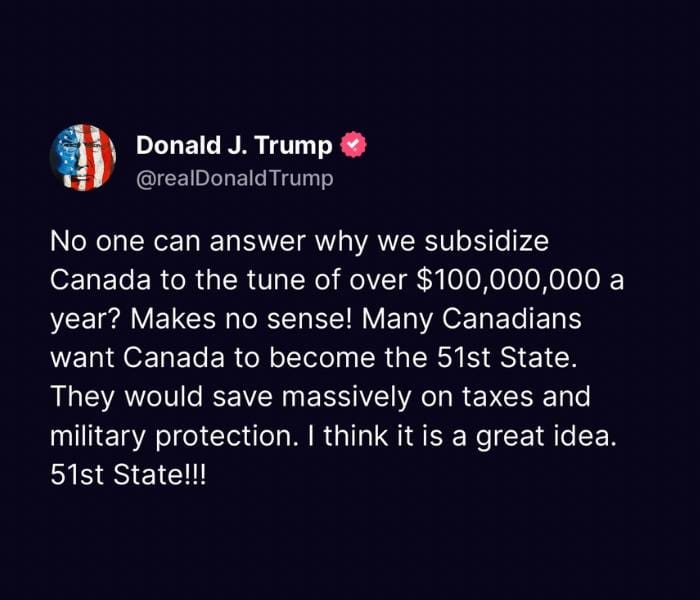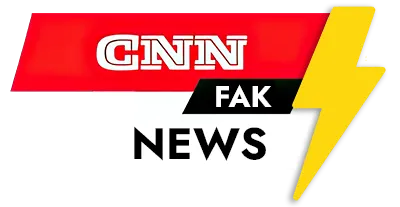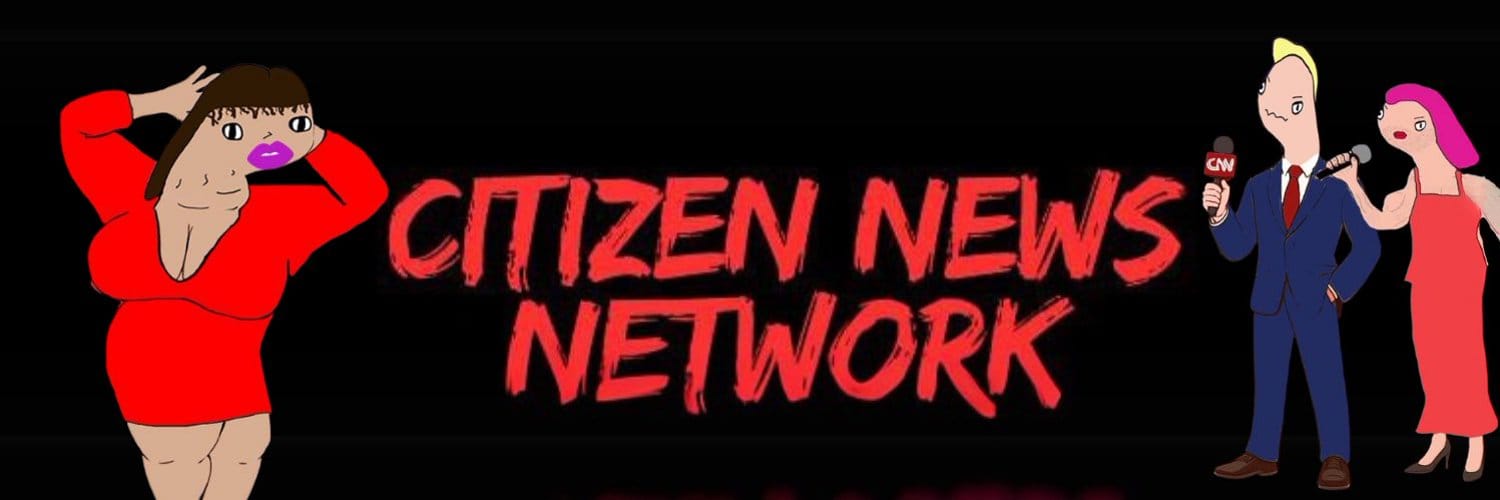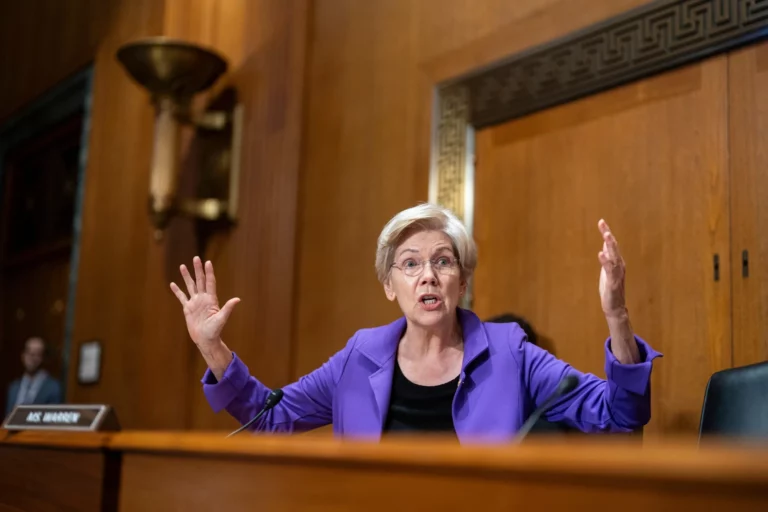President-elect Donald Trump has been making headlines with his remarks about Canada potentially becoming the 51st state of the United States. This idea was floated during a recent meeting with Canadian Prime Minister Justin Trudeau at Trump’s Mar-a-Lago estate in Florida. Trump’s comments were in the context of discussing trade, tariffs, and border issues between the two countries. He suggested this in response to Trudeau’s concerns that new tariffs would severely impact the Canadian economy, with Trump humorously proposing that if Canada cannot handle the tariffs, it might as well become part of the U.S. This has been interpreted in various ways, with some seeing it as a jest while others worry about the underlying message.

The discussion has stirred a mix of reactions. On one hand, some U.S. conservative commentators have taken to social media to express amusement or even support for the idea, seeing it as a way to expand U.S. influence or benefit economically from Canadian resources. On the other hand, Canadian officials and politicians have largely downplayed the remarks as humorous, with Canadian Public Safety Minister Dominic LeBlanc explicitly stating that Trump’s comments were made in jest and not to be taken seriously.
However, the repeated mention of this idea by Trump, including through his social media posts where he refers to Trudeau as “governor” of the “Great State of Canada,” suggests a form of diplomatic trolling or negotiation tactic. This has made some Canadian politicians “nervous” and has led to a broader discourse on the implications of such statements for Canada-U.S. relations, especially concerning trade and sovereignty.

The context of this discussion includes Trump’s threats of imposing tariffs on Canadian goods, his critique of Canada’s handling of border issues, and his historical use of hyperbolic statements in negotiations. While no serious policy actions have been proposed to make Canada the 51st state, these comments serve as a point of contention, humor, and political rhetoric in the ongoing dialogue between the two nations.
For further reading on this topic, you can look into sources like Fox News, which first reported on these discussions, and various Canadian news outlets like the CBC and National Post which covered the reactions from Canadian officials





Trump floats making Canada the 51st U.S. state